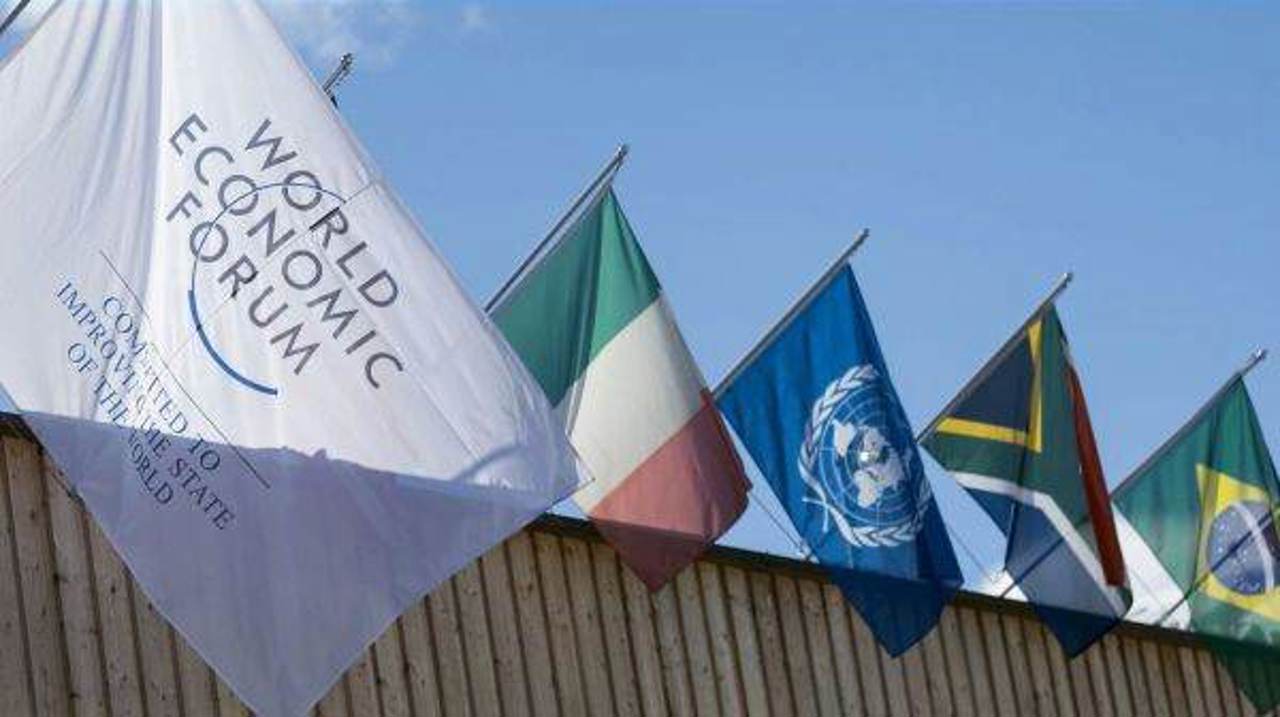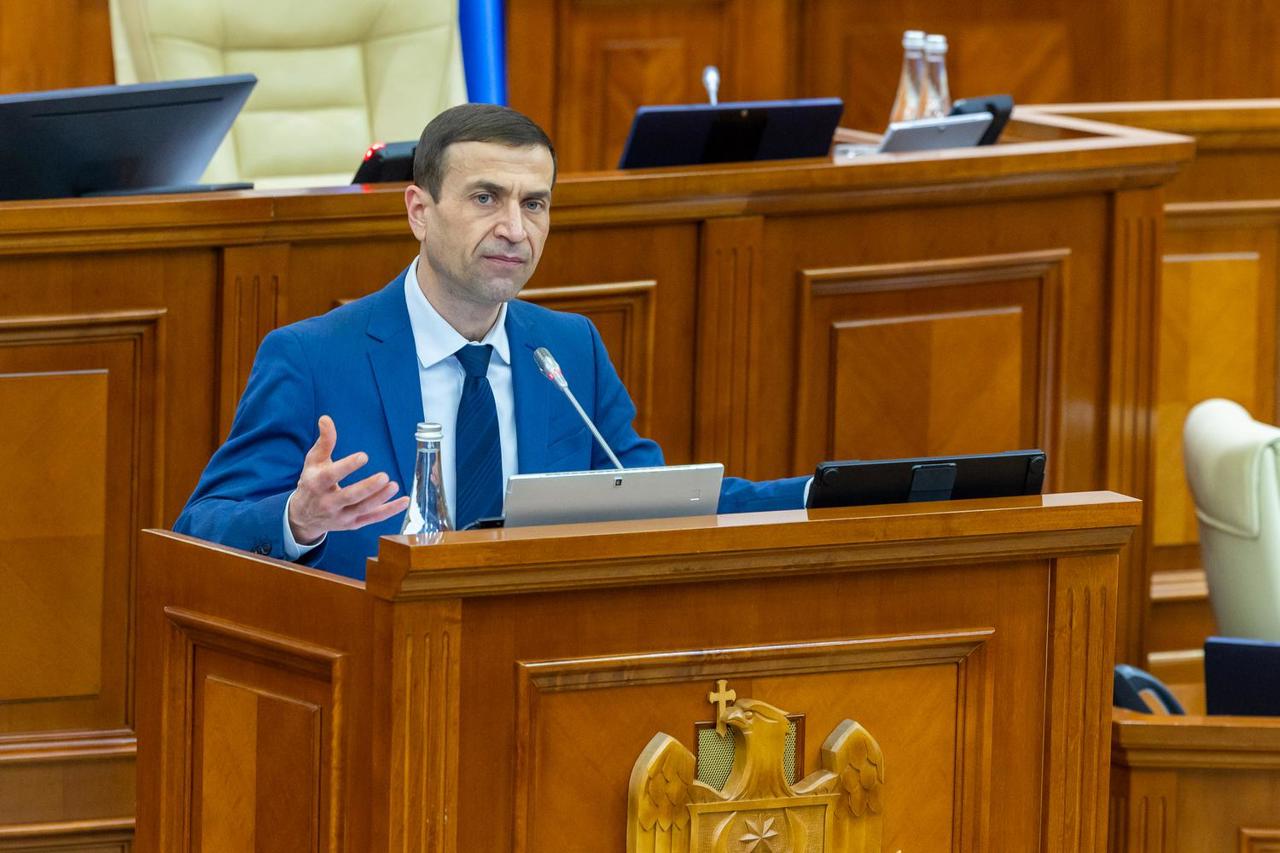Davos 2024: Elites discuss geopolitics, inequality, and AI
Beginning on Monday, January 15, the world's political and economic elites gathered, as they do every year, in Davos, the Swiss ski resort that once served as the setting for Thomas Mann's novel "The Magic Mountain."

Geopolitical chaos, disinformation, and AI on the Davos menu
The continuation of the war in Ukraine – with the participation of Volodymyr Zelensky – the conflict between Israel and Hamas, with the additional risk of regional conflagration, military operations in the Red Sea, concerns for the independence of Taiwan, uncertainties surrounding the future of the American elections... The 2024 edition of the Davos Economic Forum is once again dominated by the twists and turns of an increasingly chaotic and unpredictable global geopolitical situation.
In fact, the instability does not seem to have been so great for many decades. The planet's great political and economic leaders are therefore focusing there on the world's major current shortcomings, without of course forgetting to address issues related to the climate crisis and – a topic that has become a classic theme at Davos – the growing gap between the rich and the poor (which makes many critics scoff).
Artificial intelligence is also on the menu for discussions, with the presence of Satya Nadella, CEO of Microsoft, and Sam Altman, creator of ChatGPT.
Repairing the planet
After the Covid crisis and the energy shock, the global economy is still in a phase of convalescence. Just a few days ago, the World Bank (WB) published its forecasts for the current year: growth is expected to rise to 2.4%. If this figure is confirmed, it would be the lowest recorded since the financial crisis of 2008, with the exception of the sharp recession caused in 2020 by the Covid pandemic.
However, many elements of uncertainty could shake up economists' forecasts in the coming months. If the situation in the Middle East and the Red Sea, a real maritime highway, were to deteriorate, this could have a lasting impact on global trade and could reactivate inflationary tensions, especially on the energy front.
The rise in the price of oil on Friday, just a few hours after the announcement of American and British airstrikes targeting the Houthi rebels in Yemen, illustrates the current climate of nervousness.
Major geopolitical risks for 2024: disinformation
An important theme at Davos this year is "rebuilding trust." A trust that is often altered, even broken, between citizens and their political representatives, as evidenced by the rise, almost everywhere, of populism and extremism.
As such, the year 2024 will be decisive, with the organization of about forty elections around the world. In this context, the summit will analyze the risks related to disinformation which, according to the Global Risks Report published by the World Economic Forum before the meeting, can "undermine the legitimacy of newly elected governments."
Inequalities continue to grow
It has become a habit for a few years now. Before the Davos Economic Forum, Oxfam presents its traditional barometer of economic and social inequalities around the world and the growing weight of multinationals on the global economy.
Oxfam is an international charity, development, and advocacy organization
that fights poverty and inequality. The organization was founded in 1942 in
the United Kingdom, as the Oxford Committee for Famine Relief, to help the
victims of the Greek famine. Today, Oxfam has offices in over 90 countries
and works to improve the lives of millions of people around the world.
On this front, without too much surprise, the gaps continue to widen year after year. Oxfam notes that the wealth of the five richest people in the world has doubled, or even more, since 2020, rising from $405 billion to $869 billion, while five billion people have become poorer.
“The wealth of a billionaire could exceed $1 trillion in about ten years if current trends continue, while poverty will only be eradicated in 229 years,” Oxfam explains in its report.
Author: Dan Alexe
Translation by Iurie Tataru





